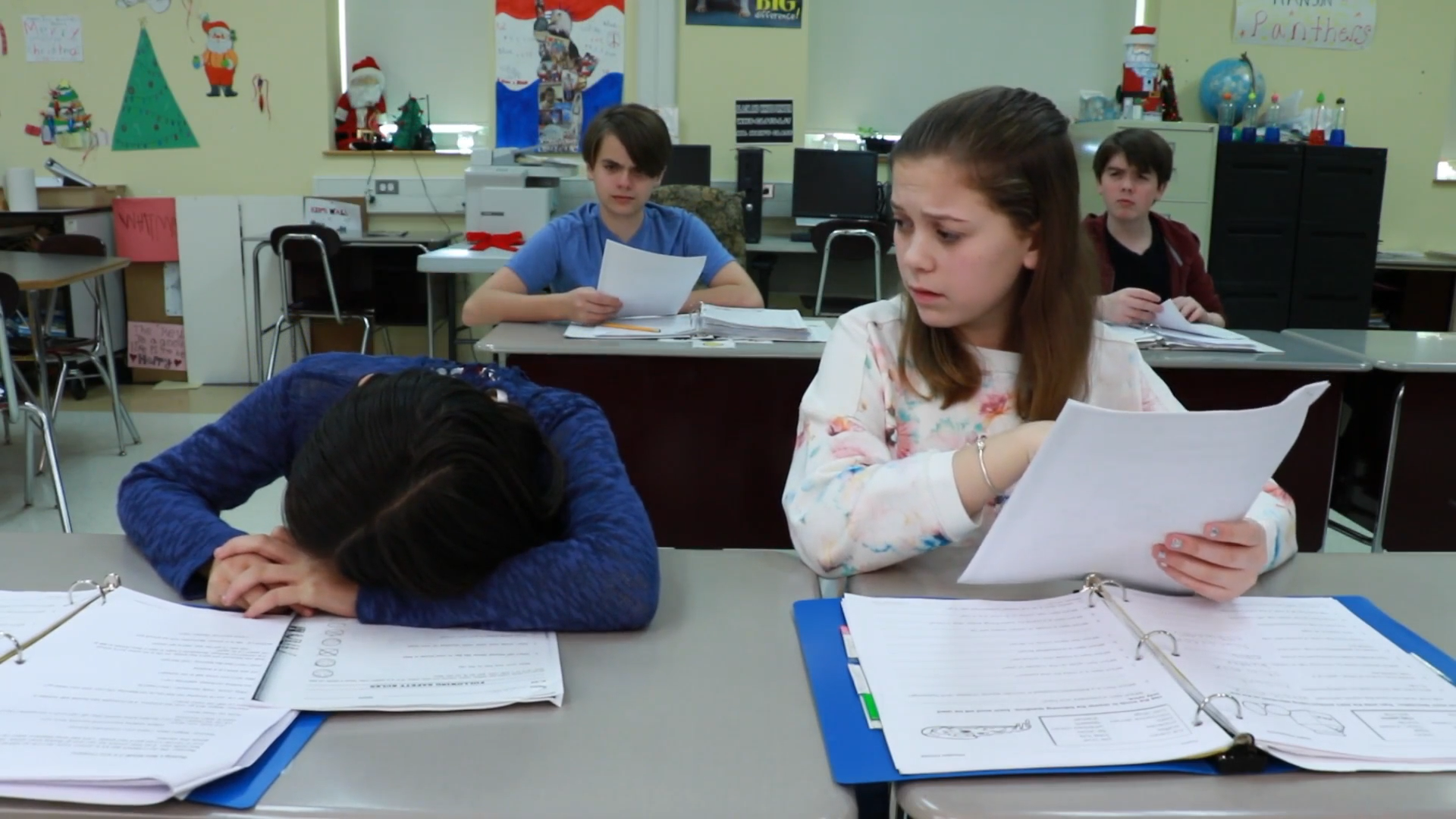Introduction
Disappointing grades can be a difficult reality for students to accept. The ability to cope with such setbacks is a crucial skill that educators can help develop in their students. By incorporating principles of Social-Emotional Learning (SEL), educators can teach students how to manage their emotions and reactions when faced with academic challenges. This blog post will discuss an easy-to-implement, no-prep activity and provide discussion questions to help students build resilience and learn how to handle disappointing grades.
No-Prep Activity: The “Pause and Reflect” Technique
The “Pause and Reflect” technique is a simple activity that encourages students to take a moment to acknowledge their feelings and reactions when they receive a disappointing grade. Here’s how it works:
- When handing back graded assignments, remind students to practice the “Pause and Reflect” technique if they are not satisfied with their grades.
- Students should take a deep breath, acknowledge their emotions, and think about why they feel this way.
- Encourage students to consider what they can learn from this experience and how they can improve in the future.
- Finally, students should set a goal or plan for how they will address the issue and improve their performance in the future.
This activity promotes self-awareness and helps students develop healthy coping strategies when faced with academic setbacks.
Discussion Questions
Use these questions to stimulate further discussions among your students about handling disappointing grades:
- Why is it important to acknowledge and manage our emotions when we receive a disappointing grade?
- What are some healthy coping strategies you can use when you’re feeling upset or frustrated about a grade?
- How can talking to your teacher or peers about your feelings and concerns help you cope with a disappointing grade?
- What can we learn from our mistakes and setbacks in school?
- How can setting goals and making plans for improvement help us become more resilient in the face of academic challenges?
Related Skills
Teaching students to handle disappointing grades is just one aspect of Social-Emotional Learning. Other related skills that educators can help students develop include:
- Self-awareness: Understanding one’s emotions, strengths, and weaknesses.
- Self-management: Regulating emotions and behaviors in various situations.
- Relationship skills: Building and maintaining healthy relationships with peers and adults.
- Responsible decision-making: Making informed choices that consider the well-being of oneself and others.
Next Steps
Teaching students to handle disappointing grades is an essential skill that can help them develop resilience and a growth mindset. To further support your students in developing these skills and other Social-Emotional Learning competencies, sign up for free sample materials from Everyday Speech. These resources can be a valuable addition to your classroom and help students build a strong foundation for their emotional well-being and academic success.






